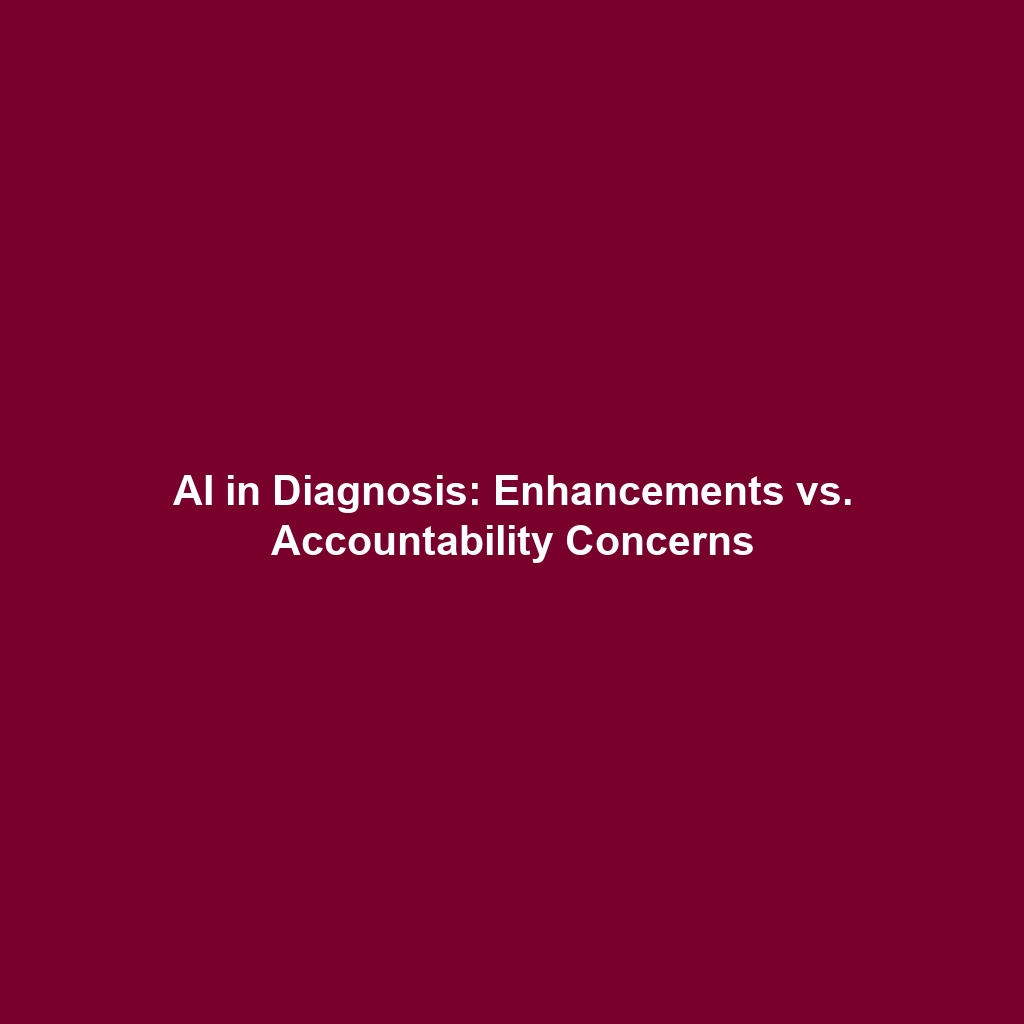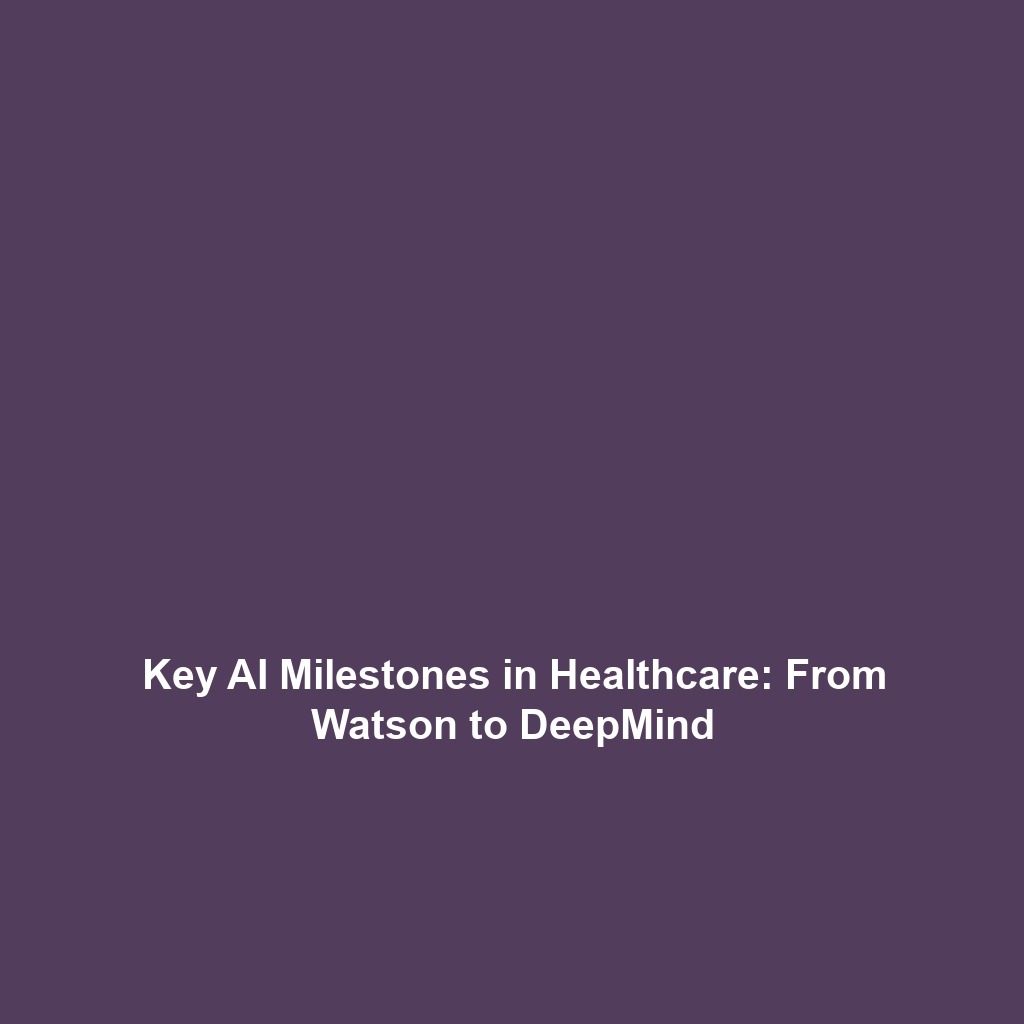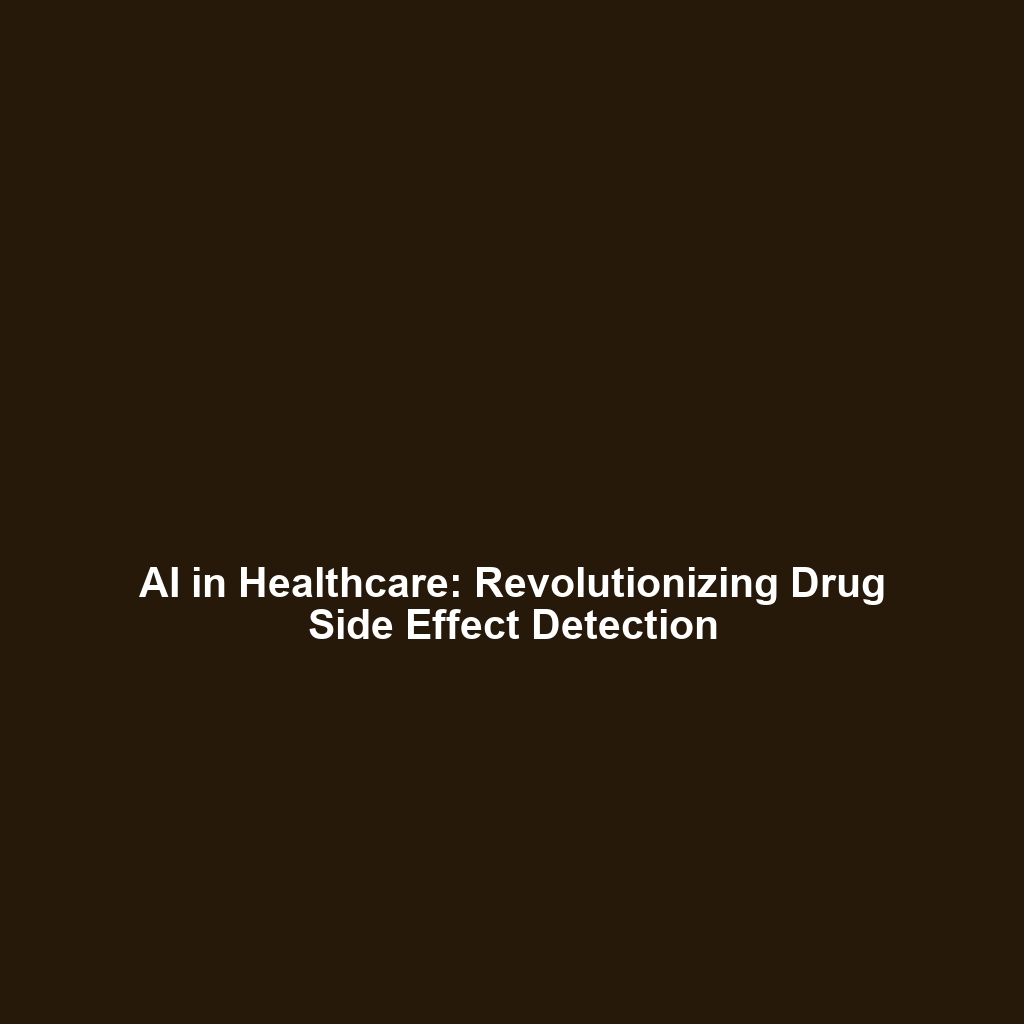How AI Helps in Identifying Specific Cancer Treatments Based on Genetic Markers
Artificial Intelligence (AI) has made significant strides in the healthcare sector, particularly in oncology. One of the most profound applications is its ability to identify specific cancer treatments based on genetic markers. This innovative use of AI enables healthcare professionals to tailor therapies to the individual needs of patients, improving outcomes and minimizing side effects. By analyzing vast datasets of genetic information, AI systems can recommend targeted therapies that align with a patient’s unique genetic profile. This personalized approach marks a pivotal shift in how cancer is treated, emphasizing the need for integrating AI in healthcare practices.
Key Concepts of AI in Cancer Treatment
Understanding how AI assists in identifying specific cancer treatments requires familiarity with several key concepts:
Genetic Markers
Genetic markers are specific sequences in DNA that can indicate the presence or risk of developing certain cancers. AI systems utilize these markers to predict which treatments may be most effective for a patient.
Machine Learning Algorithms
Machine learning, a subset of AI, employs algorithms that can learn from and make predictions based on data. In cancer treatment, these algorithms analyze patterns in genetic data to recommend personalized treatment plans.
Data Integration
AI in healthcare often requires the integration of various data types, including genomic data, electronic health records (EHRs), and clinical trial results, to provide a comprehensive treatment strategy.
Applications and Real-World Uses
The application of AI in identifying specific cancer treatments through genetic markers is becoming increasingly prevalent in clinical settings.
- Targeted Therapy Recommendations: AI systems analyze patient genetic profiles to provide precise treatment options for conditions like breast cancer and melanoma.
- Clinical Trial Matching: AI tools can streamline the process of matching patients to relevant clinical trials based on their genetic markers, enhancing the chances of successful treatment.
- Predictive Analytics: By predicting how patients will respond to specific treatments, AI models can improve treatment plans and patient management strategies.
Current Challenges
Despite the advancements, there are several challenges in applying AI to cancer treatment based on genetic markers:
- Data Privacy Concerns: Handling sensitive genetic information raises ethical and legal issues regarding patient data confidentiality.
- Algorithm Bias: If the data used to train AI models is not representative, it can result in biased recommendations that do not work for all patients.
- Integration with Existing Systems: Incorporating AI solutions into traditional healthcare systems can be technically challenging and expensive.
Future Research and Innovations
The future of AI in identifying cancer treatments based on genetic markers is promising, with ongoing research focused on several innovations:
- Enhanced Algorithms: Development of more sophisticated machine learning algorithms to improve prediction accuracy and reduce bias.
- Broader Data Sources: Utilizing diverse data sources to refine AI’s understanding of genetic markers across different populations.
- Real-time Data Analysis: Innovations enabling real-time analysis of genetic data, making it possible to adjust treatments swiftly as new information emerges.
Conclusion
In summary, AI plays a transformative role in identifying specific cancer treatments by leveraging genetic markers. This alignment of technology and personalized medicine is paving the way for more effective and tailored treatment options in oncology. As AI continues to evolve within the healthcare ecosystem, addressing challenges such as data privacy and algorithm bias will be crucial for its successful implementation. For further exploration, visit our articles on targeted therapies and machine learning in healthcare.




